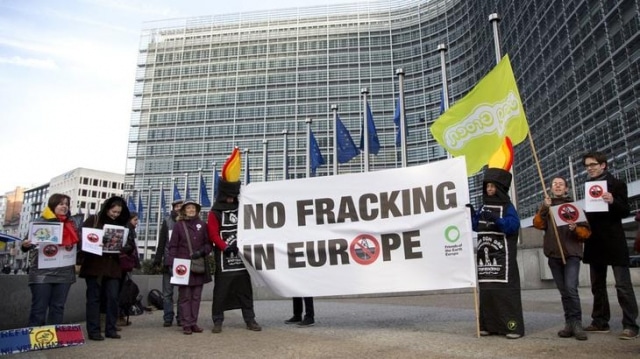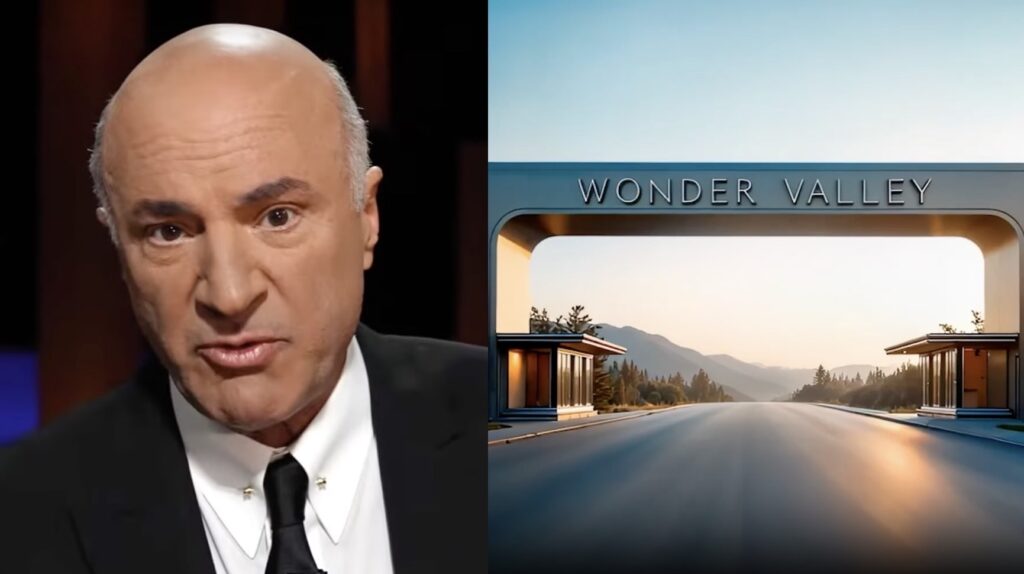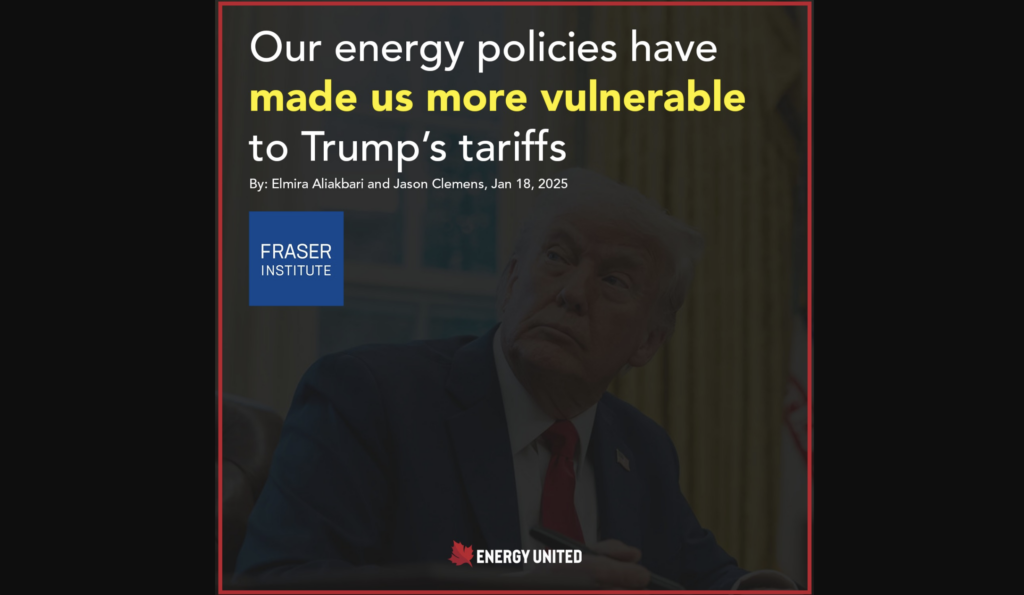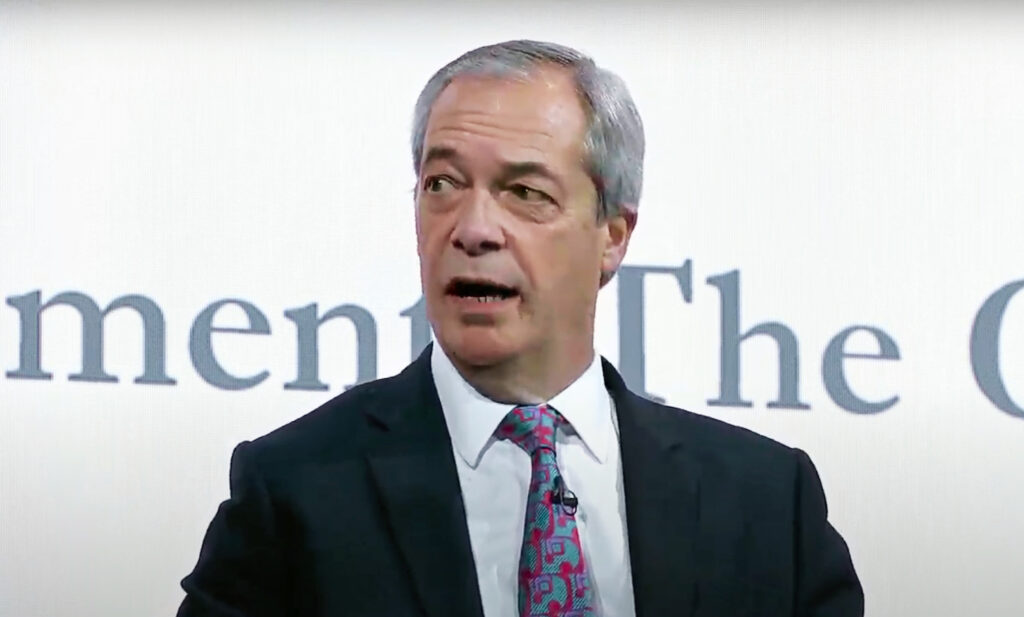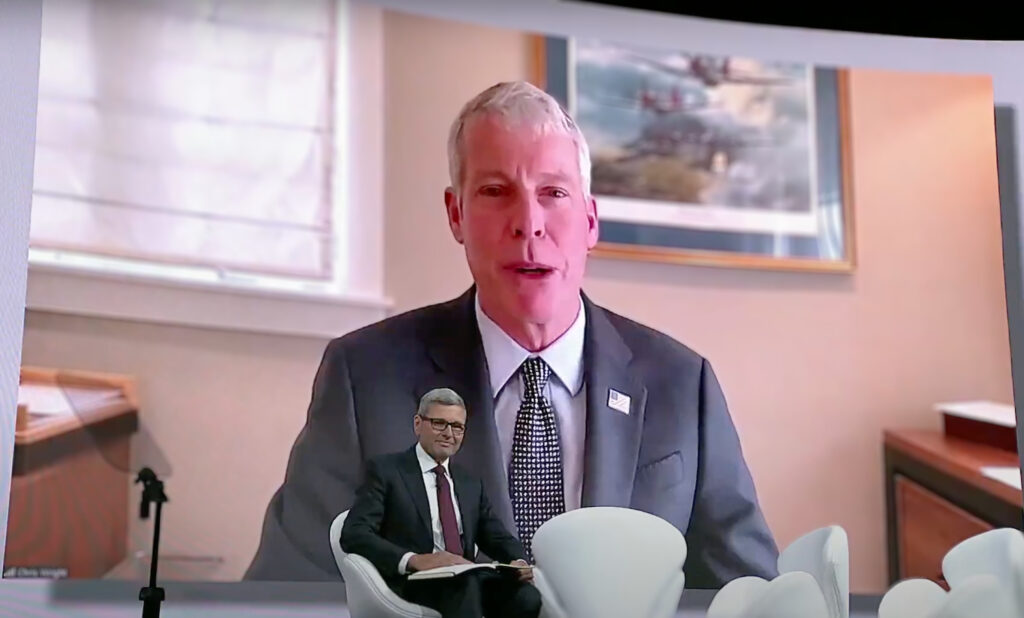The European Ombudsman has opened a case into the European Commission’s industry-dominated Expert Group on the risky and dangerous practice of fracking for natural gas.
The Ombudsman, responsible for investigating complaints about maladministration in EU institutions and bodies, is looking into allegations that the Commission “wrongly allowed members associated with the shale gas industry to act as chairmen of the European Science and Technology Network on Unconventional Hydrocarbon Extraction.”
Despite massive public opposition to fracking, the Commission established the European Science and Technology Network on Unconventional Hydrocarbon Extraction last July with a mandate to recommend the most appropriate fracking techniques and technologies for Europe.
However, research by campaign groups Corporate Europe Observatory and Friends of the Earth Europe shows that of the network’s members who do not work for the Commission, more than 70% either represent or have direct financial links to the fracking industry, while all four chairs and co-chairs of working groups are fracking proponents and have even lobbied against tougher regulations.
Vested Interests
Putting such vested interests in charge of deeming which fracking techniques are most ‘appropriate’ for the EU is only going to serve the interests of a floundering industry, not the 500 million Europeans who will have to suffer the consequences.
The Ombudsman’s investigation, opened in August, follows a complaint by Corporate Europe Observatory and Friends of the Earth Europe, which calls on the Expert Group to follow the Commission rules for balance and conflict of interest.
However, the Commission denies the network is an Expert Group, despite its clear advisory role, and dismisses any worry with regards to balance. If the groups is not formally recognised as an Expert Group and made to conform to the existing rules, then both organisations have called for it to be scrapped.
Climate Talks
The Ombudsman has given the Commission until the 30th November to respond, the same day that this year’s UN climate talks are set to begin in Paris.
The EU is presenting itself as a climate hero on the international stage, but this is one of many recent examples underlining the excessive influence of big polluters over policy.
Earlier this year, Greenpeace exposed that the EU was allowing coal lobbyists to help draw up its new air pollution standards.
This article has been cross-posted from the Corporate Europe Observatory (CEO). CEO will be working between now and this December’s climate talks to continue to expose this cosy relationship and fight to kick big polluters out of climate policy and of the climate talks.
Photo: Virginia Mayo/AP via CEO
Subscribe to our newsletter
Stay up to date with DeSmog news and alerts


